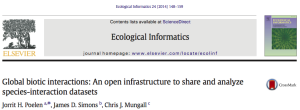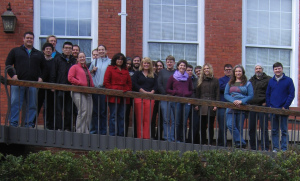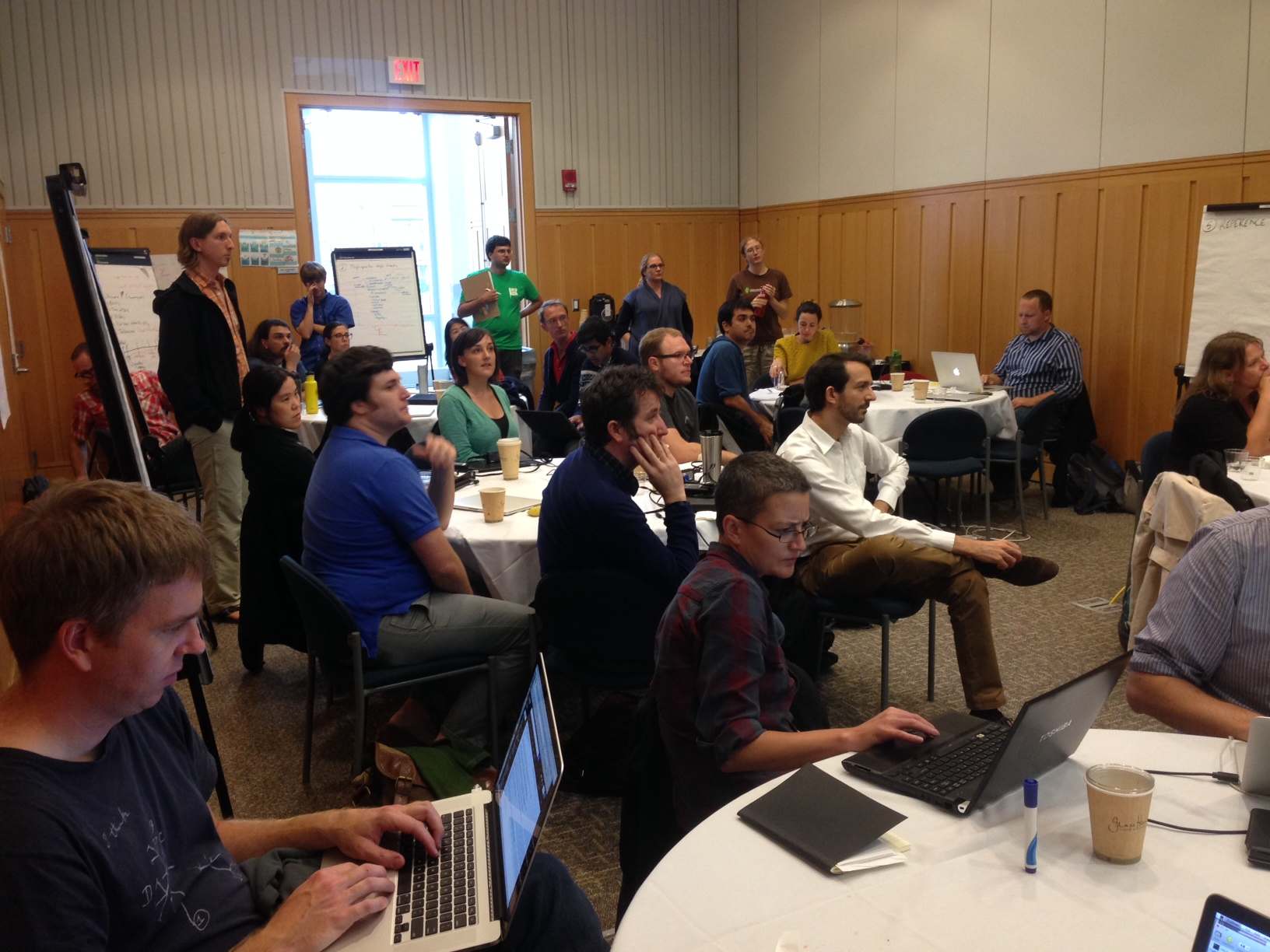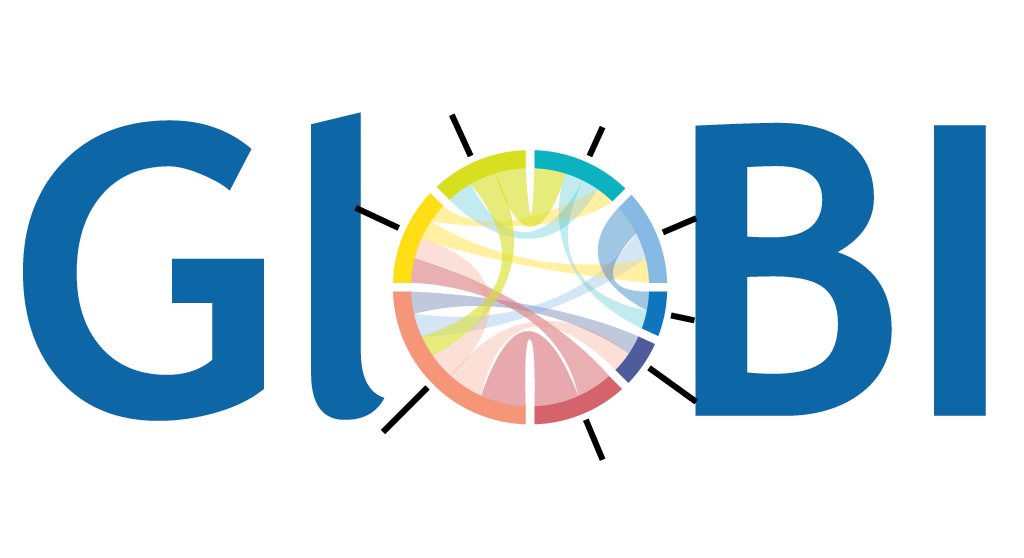Eating Pudding

Jorrit H. Poelen, James D. Simons and Chris J. Mungall. (2014). Global Biotic Interactions: An open infrastructure to share and analyze species-interaction datasets. Ecological Informatics. http://dx.doi.org/10.1016/j.ecoinf.2014.08.005 .
"The proof of the pudding is in the eating", is a phrase that stuck out in detailed comments from Jan Willem Henfling on our recent paper (Poelen et al., 2014) in Ecological Informatics. With this, he pointed out that it is important to get the species interaction data into the hands of researchers and educators.
I was happy to read his comments, because it told me that our investment in writing and publishing an open-access paper (at a seemingly hefty price of $2500) is starting to pay off. Also, it highlighted that getting the interaction data out there for anyone to use is not enough: active collaborations are essential to show the use of our project. This is why I wanted to share some recent activities with you.

Participants of NESCent-BHL-EOL Research Sprint on 4-7 February 2014 in Durham, North Carolina. Can you find the author?
After participating in the 4 day research sprint organized by NESCent, Biodiversity Heritage Library and Encyclopedia of Life at Durham, North Carolina in February 2014, I have been working with Brian Hayden to use GloBI data to show how dietary niche relates to biodiversity around the globe. Preliminary results are encouraging and a manuscript is in the works. Also, I have continued to work with Jen Hammock (Encyclopedia of Life, Smithsonian Institution) and Jim Simons (Gulf of Mexico Species Interactions, Texas A&M Corpus Christi) to put GloBI data to public use.

Tree-for-All hackathon
participants gather to hear a progress report.In September 2014, I participated in the week long Tree-for-All hackathon hosted at the University of Michigan and organized by Arbor Workflows and Open Tree of Life. Among many other things, this collaborative event helped create a method to retrieve phylogenetic trees related to species interactions (e.g. Pocket Gophers and Their Parasitic Chewing Lice) using rglobi (part of rOpenSci) and rotl R libraries.
In the time to come, I am looking forward to continue to help others eat (or make!) more of that delicious GloBI data pudding! Pudding anyone?

